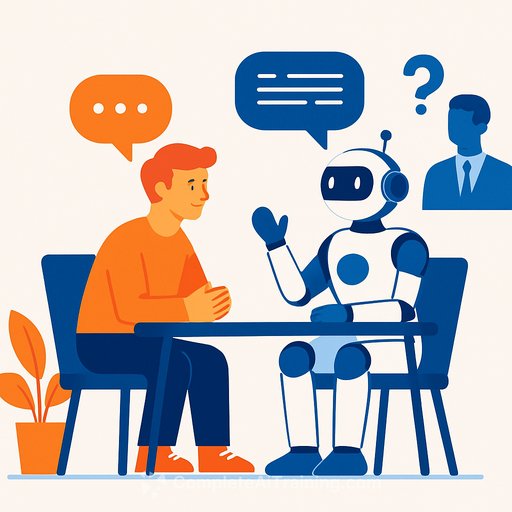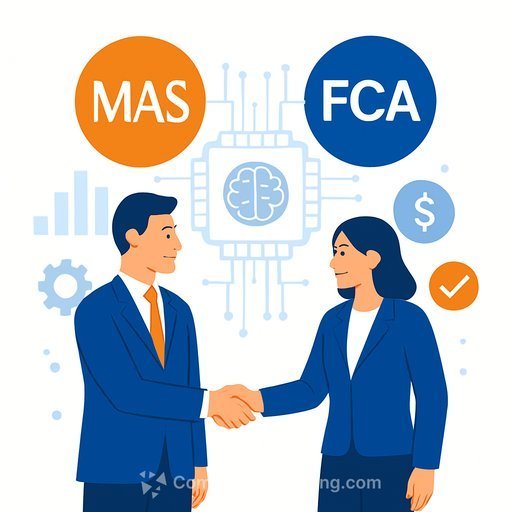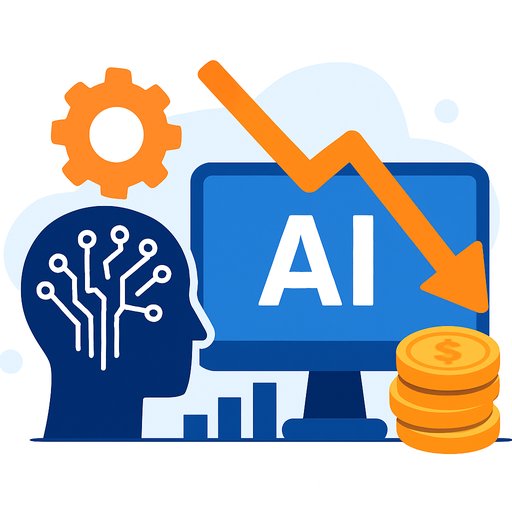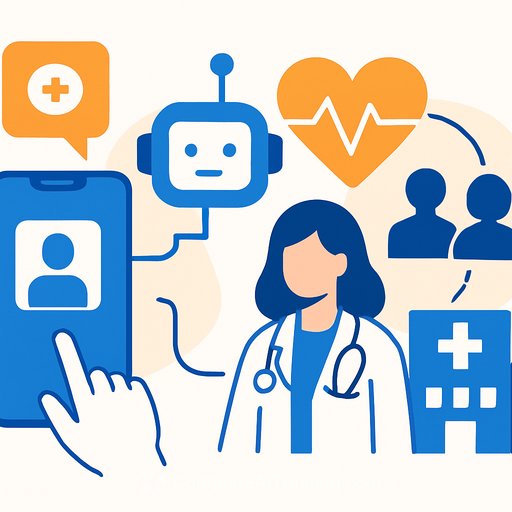Gen Z Turns to AI Before Managers for Workplace Questions
Younger employees increasingly rely on AI tools like ChatGPT to get answers at work, often before consulting their managers or colleagues. A recent survey by recruitment firm Robert Walters found that a third of Gen Z professionals use AI for work-related queries first. This shift has contributed to 39% of UK professionals asking their line managers fewer questions.
What does this mean for management? While AI can save time and boost productivity, it also risks reducing direct communication between managers and their teams.
AI Upskilling: A Shared Effort Across Generations
Training in AI isn’t just for younger workers; it’s a multigenerational challenge. Many Gen Z employees are helping senior colleagues improve their AI skills. However, the rise of AI has also led to concerns, such as its use in drafting grievances, which legal experts warn about.
Chris Eldridge, CEO of Robert Walters UK and Ireland, notes that AI tools can lighten managers’ loads, especially since half of line managers report burnout. With heavier workloads, managers may be less available, making AI an appealing substitute for quick answers.
Yet, Eldridge warns that relying too much on AI risks sidelining managers from important decisions, limiting opportunities for creative thinking and knowledge sharing. This could damage manager-employee relationships and widen skills gaps in the future workforce.
Is AI a Threat to Management?
Daniel Snell, founder of organisational performance consultancy Arrival, highlights that Gen Z’s comfort with AI is natural given its immediacy and lack of judgment. However, if AI replaces regular manager interactions, it could weaken workplace relationships and company culture.
Snell points out that losing these touchpoints means managers might miss signs of employee struggles and misunderstand their teams’ actual skills. This disconnect could harm collaboration and reduce vital interpersonal skills gained through human interaction.
Melanie Steel, founder of HR consultancy People Change Expertise, adds that AI can’t offer the trust, context, or courage to challenge that humans provide. She recommends combining AI with regular check-ins and open dialogue to maintain strong working relationships.
Training Gaps Limit AI’s Potential
Despite AI adoption, many managers lack proper support to manage AI-driven teams. The Robert Walters study shows 71% of managers have received no guidance on leading in an AI-enabled workplace. Meanwhile, a Corndel report found that although 97% of HR leaders say their organisations offer AI training, only 39% of employees have accessed it.
To address this, Eldridge advises employers to equip managers to work alongside AI—using chatbots for simple queries but keeping managers responsible for complex, strategic decisions. Managers who actively engage with AI tools will navigate this shift more successfully.
- Encourage AI use for routine questions to free up managerial time.
- Maintain regular human interaction to build trust and understanding.
- Invest in comprehensive AI training for managers to close skill gaps.
For managers looking to build skills in AI and leadership, exploring targeted courses can be valuable. Resources like Complete AI Training’s management-focused courses offer practical guidance on integrating AI into the workplace effectively.
Your membership also unlocks:






